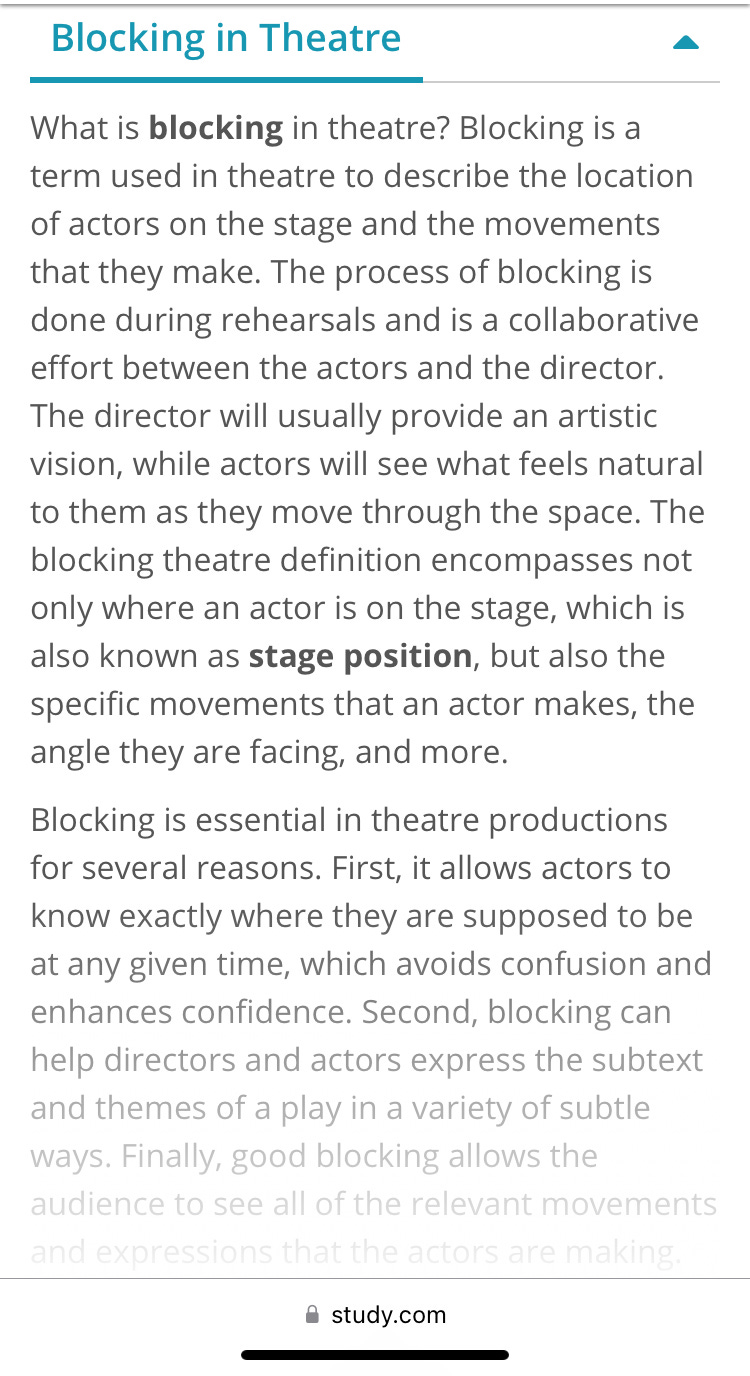The question often gets asked, “When should I bring in an editor?” The most logical response is: once you’ve polished your manuscript as much as you’re able to. Some authors, even after they’ve had several pairs of eyes on their manuscript, get a request from an agent to revise and resubmit. My job is to help writers present their best work, and one way I can do this is to share some of my secrets for strengthening active voice, writing effective dialogue that moves the story forward (Hippocampus, August 2021) and knowing when to embellish and when to cut. If you would like to see my writing portfolio, click here. I’ve gathered a sampling of my best tips—advice I normally only share with clients. The tips can be applied to nonfiction, fiction, essay, and even poetry. I include examples in the list below.
When a manuscript needs more warmth and personalization, I edit syntax and suggest a few meaningful word replacements to dial up the intimacy, immediacy, and concreteness.
Tips
- Say “these” instead of “those”
- Say “this” instead of “that”
- If narrative is first person, don’t be afraid to say “my” and “our”
- Avoid beginning sentences with “And”
- Avoid the -ing construction. It’s a sign of passive voice. Try rewriting to avoid the -ing construction. Especially avoid “starting to,” “beginning to,” and “becoming.” Related/adjacent concept: Nominalization
- Avoid the words “thing,” “some,” “any,” “least,” “just,” “very,” and other empty calories; replace with direct and specific language/ideas, for more potency
Example:
A) Something was bothering her…
B) The way he rushed bothered her. He became clumsy and noisy and huffed like a dog. He even flapped his lips. His exasperation first made her uneasy, then became contagious, as he transferred his anxious energy to her. Then she’d think of her father acting the same way when her family would leave the house. Cologne was the last step in Dad’s routine. When you smelled his Drakkar, you needed to have shoes on within five minutes, or the barking would start. She did not wish to equate husband and father in her mind’s eye; in her mind she repeated the phrase, “Never the twain shall meet”—or, “Cancel! Cancel!” when she silently thought her husband was like her father. She purposely wanted to marry someone different from her father. Really, someone same, because she adored him, minus the quirks. Quirks that a hothead has. Neurotic quirks.
- Avoid filter words like “think” and “see”
“Think of a filter word as some jerk stepping in front of you as you’re about to witness your best friend cross the finish line of a triathlon. Suddenly, you’re missing the final seconds, the crucial moment you’ve been waiting for. The crowd gasps. The jerk in front of you turns and says, ‘Wow, I just saw that girl win! That felt so inspiring. I heard her cry out, almost stumble.’ (Notice all the filter words?)” - AJ Collins
- Avoid too much physical blocking of the characters’ movements, as if they’re on stage (looking, turning, breathing, reaching, and more). This is more fitting for plays and film screenplays
This intrigues me enough to discuss further. Literature vs. play—the distinction between scripting and scribing. WHILE THE PLAYWRIGHT HAS THE BENEFIT OF THE AUDIENCE VIEWING THE SET DESIGN, AND THE NOVELIST DOESN’T, YOU DON’T HAVE TO SET THE STAGE (or the table, or the footsteps).
IS THIS A CONSTRAINT—OR COULD IT BE A LIBERATION FROM CONSTRAINTS? THE NOVELIST CAN FOCUS ON RELATIONSHIP, CONVEY WAY MORE INTERIORITY, AND HARNESS THE POWER OF A SURPRISE PROP OR A MEANINGFUL PROP.
ASSUME THAT BASIC HUMAN EMPATHY GIVES MOST READERS THE CAPACITY TO INFER FACIAL EXPRESSIONS THAT WOULD ACCOMPANY WELL-WRITTEN EMOTIONAL SCENES. Drill deeper into physicality. I recommend The Emotion Thesaurus, because it gives ideas on how to represent not only what characters are feeling, but what they’re repressing or hiding. Highly recommend this book for all writers. You can also access some of the content digitally, here at One Stop for Writers. I have a subscription.
Here is a sneak peek of an Emotion Thesaurus entry:
And the site offers many more thesauruses, all of which are useful. If your wish is to write nonfiction with the artistry of fiction, this is a treasure trove (available after a free trial, to the site’s paid subscribers):
- Final tip for now: Try replacing “but” with “and.” This is another tip that, when used in conversation, improves people’s receptivity to your message. Once you start to practice this, you will see it everywhere. Skill in bringing your audience into coherence with your message and desires is a lifelong benefit.
These are some quick tips. Most writers don’t realize they have certain recurring style habits. If you have a draft, use automatic search to find some of these phrases, and evaluate whether each sentence is as strong and specific as it can be.
Bookmark and share this post! If you enjoyed it, go ahead and click the beautiful heart. Please help me continue to provide valuable info and resources, usually reserved for my students and paying clients, by upgrading to a paid subscription now. Thank you very much!




Wow Michelle, you say "Quick Tips," I say GOLD MINE. Thank you.
I love this! Thank you!! Bookmarked and saved